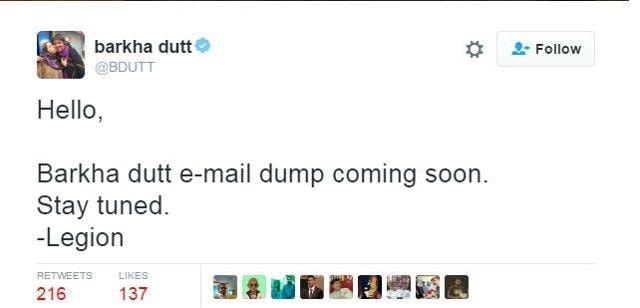

Join Asia 21 Young Leader and author Barkha Dutt with celebrated journalist Tina Brown as they delve into the making of Barkha’s book, To Hell and Back: Humans of COVID. Packed with stories and narratives of an India often forgotten, the book creates room for self-reflection about our values and vision for our country. As India prepared to stay indoors, it was Barkha’s grit and courage that brought out some of the most hard hitting reportage of the pandemic across India, reminiscent of her first field coverage during the Kargil war.

With her small team of three, she embarked on a journey covering 30,000 kilometres, reporting and documenting stories from the ground throughout the pandemic. In her new book, To Hell and Back: Humans of COVID, journalist Barkha Dutt pens stories that are heart wrenching and highlight glaring lacunas in India’s development. Rupkatha, intensivist on duty, said she was short of everything- drugs, beds, oxygen, tocilizumab, and yes, even doctors, writes Barkha Dutt, as she highlights one of the many stories of the vulnerable and their despair. Everyone was aware that the nation’s health systems were not equipped to handle a crisis of this magnitude and scale. To cancel, communicate from your registered email id and send the email with the cancellation request to assistbsmail.in. Cancellation Policy: You can cancel any time in the future without assigning any reasons, but 48 hours prior to your card being charged for renewal. According to a Lancet study, the second wave led to more than 26.4 million confirmed cases with an estimated 274,000 deaths. The product is a monthly auto renewal product. In April 2021, the country witnessed its largest surge in cases owing to the Delta variant of COVID-19. According to a report published by Azim Premji University “State of Working India 2021”, at least 15 million workers were directly impacted by the lockdown, leading to the largest migration crisis as workers left urban centres for survival. The lockdown, which was hailed by many experts as knee-jerk, left millions of migrants constituting the urban labour force in construction, hospitality, vocational and manufacturing industries and most importantly in urban homes stranded. On 24 March 2020, India went into a nation-wide lock-down in an effort to contain the spread of the COVID-19 pandemic, forcing 1.3 billion Indians into their homes in what is often called the world’s largest lockdown. "Poverty will kill me now, the virus will take time…But what options do I have?” questioned Rajneesh, as he began a month-long journey on foot back to his village.


 0 kommentar(er)
0 kommentar(er)
